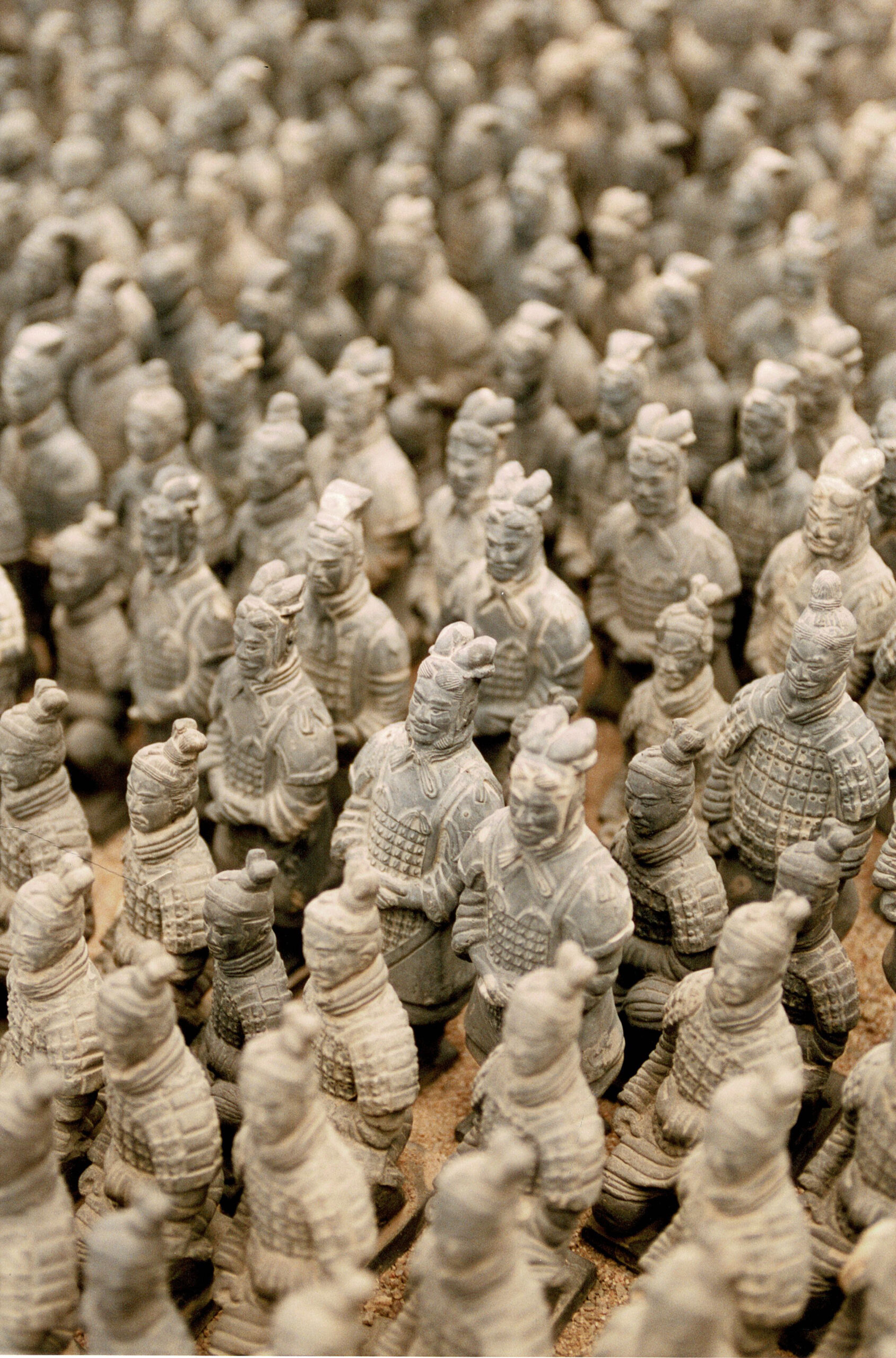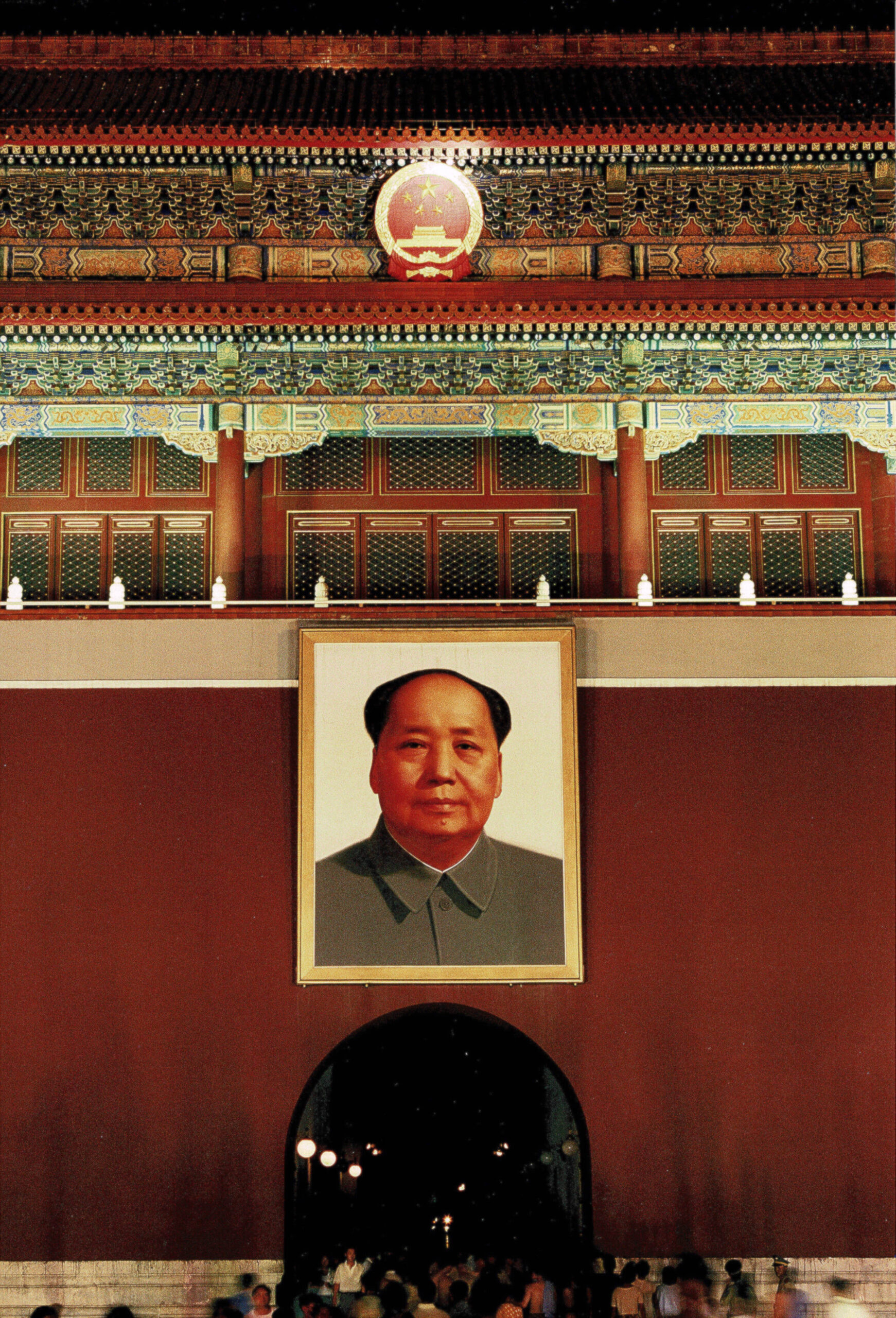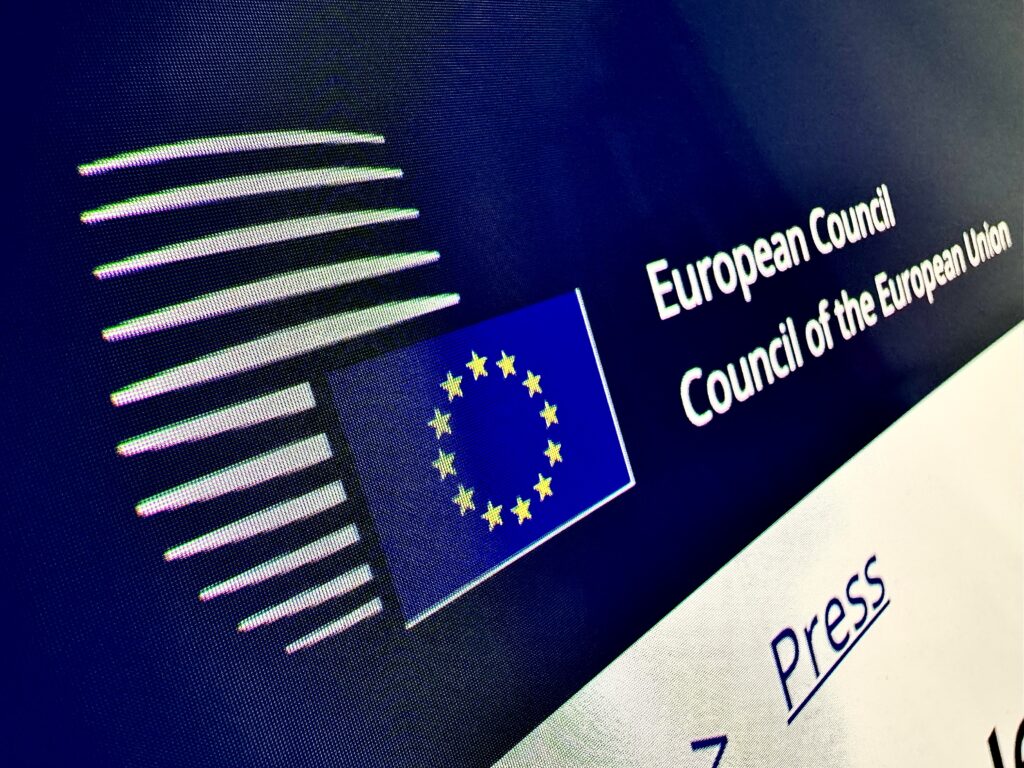
Disparate Pasts and Intertwined Destinies
Upon examining the history of US-China relations, it becomes apparent that, except for a brief period in the 1970s and 1980s, the distance between the two nations has remained significant and has even been expanding since 1989. The roots of contemporary US-China relations can be traced back to the seismic shifts of the tumultuous 1960s, leading to a turning point in relations with President Nixon’s unprecedented visit to China and the establishment of the Nixon Doctrine.
The Nixon Doctrine: A Pivotal Turn (1969)
Amid the Cold War, the year 1969 marked a significant shift in the relationship between China and the United States. While both nations were actively pursuing reconciliation, it was a remarkable coincidence that they simultaneously began to reevaluate and restructure their strategic priorities toward this goal. The key driving force behind this pivotal turn was the Nixon Doctrine.
Reconsidering U.S. Policy Towards China
The Nixon Doctrine was the driving force behind the US’ reconsideration and eventual change in policy towards China. In Nixon’s 1967 article entitled “Asia After Vietnam,” while acknowledging China as a source of regional tension in Asia, Nixon also recognized that isolating China was not a productive strategy. Following the 1969 Zhenbao Island incident between China and the Soviet Union, Nixon convened an emergency National Security Council meeting, where he challenged the long-held assumption that China was more dangerous and aggressive than the Soviet Union – a premise that had guided U.S. policy towards China since the Kennedy administration.
China’s Strategic Shift
During the Nixon administration’s efforts to restructure its policies towards China, China was also undergoing a strategic shift in its foreign policy. This shift became apparent after the Soviet invasion of Czechoslovakia in August of 1968 when China began to characterize the Soviet Union as a social imperialist and the root of a potential new world war. Military clashes between Chinese and Soviet forces broke out on Zhenbao Island in the Ussuri River, with the conflict spreading to the western section during the summer of 1969. The incident led Chinese policymakers to recognize the Soviet Union as their most pressing security concern. As a result, they resolved to fundamentally change their national security strategy, concluding that the Soviet Union posed a more imminent security threat than the United States and was a source of war in the world.
Breaking Down Walls: Nixon’s Historic Visit and Diplomatic Relations (1972)

This simultaneous shift in US and Chinese foreign and strategic perspectives and policies led to President Nixon’s historic visit to China in 1972. Nixon’s visit and the subsequent establishment of diplomatic relations marked the end of 25 years of US non-recognition of the Chinese government and the beginning of a new era of cautious strategic engagement between the two countries that would last for 17 years.
Strategic Alignment and Changing Relations (1978 – 1989)
From 1978 to 1989, China strategically aligned with the U.S. to contain the Soviet Union, briefly participating in the U.S.-led international security order. During this period, China considered the Soviet Union to be a potential strategic adversary and viewed the U.S. and its allies as trusted security partners. As U.S.-China policy shared interests grew closer, defense ministers visited each other in 1980 and military-technical working groups were established in 1984. The US sold 24 Sikorsky Blackhawk helicopters to China in July 1984 in a $150M deal. Five years later, relations changed dramatically.
Breakdown in Security Cooperation (1989 and Beyond)
In response to the Chinese government’s crackdown on peaceful student protestors in Tiananmen Square in June 1989, the United States imposed broad sanctions on China, encompassing the security sector, and consequently resulted in a complete breakdown in established security cooperation between the two nations. Despite brief periods of advancement during the 1991 Gulf War, mutual trust in security was severely eroded following the 1995 Taiwan Strait crisis; the US’ accidental bombing of the Chinese Embassy in Belgrade during NATO’s 1999 Kosovo military intervention; and the 2001 Hainan Island incident when a Chinese J-8 jet collided with a US Navy EP-3E over international waters in the South China Sea. The Taiwan Strait crisis, in particular, had the most significant impact, as it underscored the possibility of direct military conflict in the region, and reaffirmed China’s position that it would not hesitate to use force if deemed necessary.
Since 2009, the gulf between China and the U.S. on international security matters has significantly widened. The security order surrounding the Senkaku Islands, claimed and administered by Japan, and called the Diaoyu Islands in a competing claim by China, has contributed to the increased wariness of the US-Japan alliance by China. Despite China’s proposal in 2012 for a new type of relationship between the U.S. and China, centered around “no conflict, no confrontation,” “mutual respect,” and “mutual benefit and win-win result,” differences on international security matters persist. The U.S. sees this proposal as requiring concessions on key security order issues such as Taiwan and the South China Sea, which could potentially undermine U.S. security commitments in the Asia-Pacific region. As a result, the two sides have only been able to maintain the “no conflict” aspect of the proposal and have been unable to de-escalate the confrontation.

Complex History, Unclear Future
Through decades of confrontation and coexistence, the historical relationship between China and the United States has been marked by a series of deteriorations with a notable exception being the period from the 1970s to the 1980s. The root cause of this trend can be traced back to a fundamental conflict of interests within the global system. The period of relative harmony was largely due to the unique geopolitical context of the Cold War and the simultaneous decision-making of both nations concerning strategic changes within the complex triangle of China, the United States, and the Soviet Union. A return to cooperative coexistence and avoidance of conflict will require finding a new balance of shared interests in a 21st century context with a decidedly different geopolitical interplay of technology, industry, economic, and security realities than the world that brought China and the US together in 1972.



